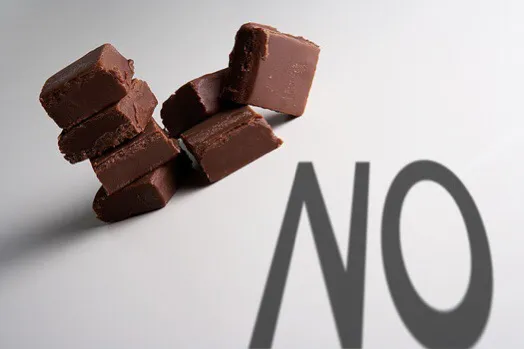
What You Get When You Give Something Up
Lent snuck up on me this year. No wonder. I wasn’t planning an Ash Wednesday imposition of ashes, a Thursday noon-hour Lenten series of short meditations or a six-part Sunday sermon series. I wasn’t thinking much of Christian practices at all having given up the ghost, so to speak, a few years ago. But I’ve always honoured the tradition of Lenten abnegation and given something up for Lent. Martinis. Cheese. Coffee during Canada’s holy season of Roll Up the Rim. That sort of thing.
Lent is the forty-day run to Easter observed by Christians. The name comes from the Old English word lengten because the hours of daylight are increasing. This short spiritual season is associated with the story of Jesus’ forty-day sojourn in the wilderness. If you count the days between today (Ash Wednesday) and Easter, you get more than forty but that’s because you don’t count the Sundays. Sunday is considered a mini-Easter. But I digress.
As Jesus allegedly fasted for a few weeks, his followers are encouraged to forgo something tasty for this season of self-sacrifice. What we pass up may be our own little secret. It should be a secret, although the evidences of our over-indulgences are often painfully obvious, nowhere more so than the waistline.
Remember that gluttony, one of seven deadly sins, isn’t about food. Food is a delicious gift. For the French, good food is next to godliness. Monks and nuns are famous for making fine wine, not to mention chocolates and cheeses. Jews adore eating. The grand mufti of Marseille, Soheib Ben Cheikh, suggests that there is no constraint in Islam on eating delicious things. Those who say grace before diving into a meal are doing more than offering thanks for the broccoli. They are also blessing a giver of the feast for the fact that there is more food than we need. While there is more food around us than we need, gluttony is eating it.
Whether Lent for Christians or Ramadan for Muslims, the reward for going without something you like to eat or drink is the reminder that there is a thirst in us no libation can slake and a hunger in us no tourtière can touch. You don’t have to stand naked in front of the mirror. You just have to take a serious look at your life. Are priorities in order? Are you taking your life for granted? Should you adjust where you spend your time and energy?
That sort of thing.
You don’t have to be a Christian to give something up for forty days. But what you get when you give something up is the evidence of our manic consumption and a reminder about what matters most, a reminder which is good for all of us.
Post a comment